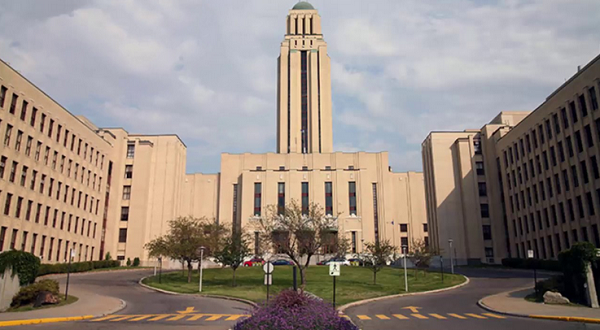Immigrants critical of China and India urge for quick passage of the “Countering Foreign Interference Act” for their protection
Canadian immigrants threatened by hostile regimes are urging parliamentarians to quickly pass the “Countering Foreign Interference Act” so they can feel safe living in their adopted home.
Bill C-70 expands the powers of the Canadian Security Intelligence Service (CSIS), criminalizes specific foreign interference activities and will create a new foreign influence registry.
The act was tabled in the House of Commons the same day the RCMP announced the arrests of three men for the killing of B.C. Sikh activist Hardeep Singh Nijjar.
“Anyone who is under threat feels abandoned. You’re told your life could be at risk – but you’re left on your own. This legislation addresses many of the concerns of our community,” Balpreet Singh of the World Sikh Organization (WSO) said.
Bill C-70 seeks to amend the CSIS Act and would allow the spy agency to share intelligence with provinces, municipalities, private companies and community groups.
Singh, who is legal counsel for the WSO, says in the months before and after Nijjar’s murder, the Sikh community was repeatedly told that the current legislative framework tied CSIS’s hands. Valuable information such as risks and threats were not shared with other agencies, like local police, who could have intervened.
“We had local police forces ask us what information we have… It shouldn’t be broken telephone,” Singh said.
Expanded CSIS powers
The proposed act will also give CSIS expanded powers to thwart transnational aggression orchestrated overseas to target Canadians.
Dan Stanton, a former executive manager at CSIS, says 95 per cent of national security and foreign interference threats originate beyond Canada’s borders. The proposed changes to the act will give the agency better ability to issue search warrants and seize documents that are outside Canada.
“It looks like they’ve widened in a way the waterfront in terms of what information CSIS can collect,” Stanton said. “The proposed changes to some of the technical collection of (information), to collect it overseas, means you get a more comprehensive investigation.”
Criminalizing foreign interference
Katherine Leung of Hong Kong Watch (HKW) says Bill C-70 shows that the government has finally listened to diaspora communities in drafting legislation that creates a foreign influence registry and makes it a crime for failing to identify oneself as working on behalf of a foreign country.
Hong Kong Watch, a non-governmental organization, has been monitoring the deterioration of human rights and freedoms in the special administrative region of China for the past decade. Leung says Hong Kongers who have moved to Canada and spoken out against China have found themselves harassed and threatened into silence.
Leung says police have often told community members that this type of intimidation is not explicit enough to meet the definition of uttering threats under the Criminal Code.
That’s why HKW has advocated for the creation of a foreign influence registry in Canada for several years. The United States and Australia have similar registries and the United Kingdom will soon pass a law to create one.
Although people who participate in foreign interference do it covertly, Leung says the value of creating a law for not registering gives authorities a new mechanism to deter and hold offenders accountable through charges.
“Right now if you are acting on behalf of a foreign government and doing some nefarious things – maybe intimidating a community member to silence them and they’re not registered – that’s when we get them,” Leung said.
Under the act, if found guilty of foreign interference and failing to register, individuals could face a maximum fine of $5 million or a prison term of up to five years.
Tight deadline to pass legislation
Bill C-70 needs to pass through three readings in the House of Commons and has to be approved in the Senate before it becomes law. It’s a process expected to take at least a year after the legislation becomes law.
Both Leung and Singh hope parliamentarians will work together to pass the bill quickly so it will make a difference before the next election, which would need to take place by fall of 2025.
“It would be sad if all this work is lost and new government has to start from scratch,” Singh said.
This article was first reported by CTV News












